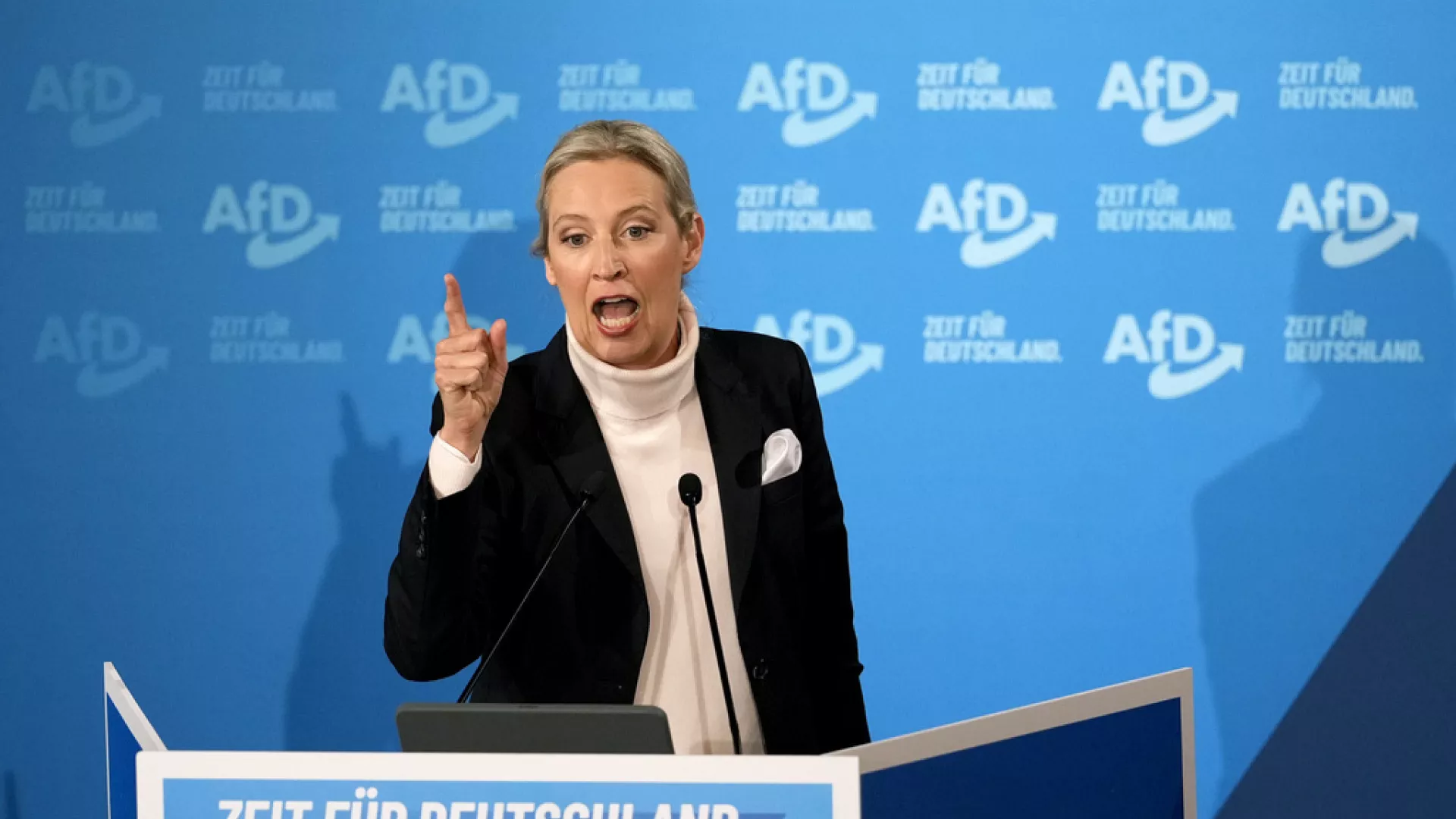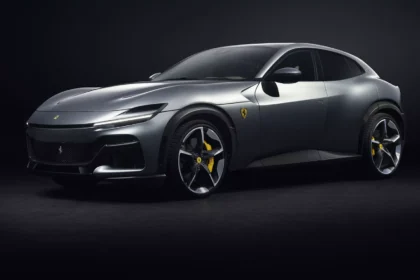During a visit to Munich on Friday, nine days before Germany’s election, U.S. Vice President JD Vance met Alice Weidel, the leader of the AfD party, but notably did not meet with Germany’s Chancellor Olaf Scholz. He told European leaders during his visit that “firewalls” have no place in the current democratic state.
Like the majority of European media and political academics, mainstream German parties declare they would not collaborate with the AfD party because they consider it to be far-right. They frequently refer to their position as a “firewall.” Prior to the election on February 23, Alternative für Germany, or AfD, was ranked second in polls with roughly 20% of the vote.
The meeting was announced after senior German officials strongly retaliated against Vance’s criticisms of the condition of democracy in Europe, with the defence minister claiming that drawing a comparison to authoritarian regimes was “unacceptable.” He supported the firewall of German major parties alongside Chancellor Olaf Scholz. During the Munich Security Conference, Vance expressed his concern that free expression is “in retreat” throughout the continent.
According to Vance, “to many of us on the other side of the Atlantic, it looks more and more like old entrenched interests hiding behind ugly Soviet-era words like misinformation and disinformation, who simply don’t like the idea that somebody with an alternative viewpoint might express a different opinion or, God forbid, vote a different way, or even worse, win an election.
Also Read:
Coca-Cola Claims that Trump’s Tariffs may Cause it to use More Plastic
Trade Tariffs and the Competitiveness Gap are Identified by the ECB as Growth Threats

